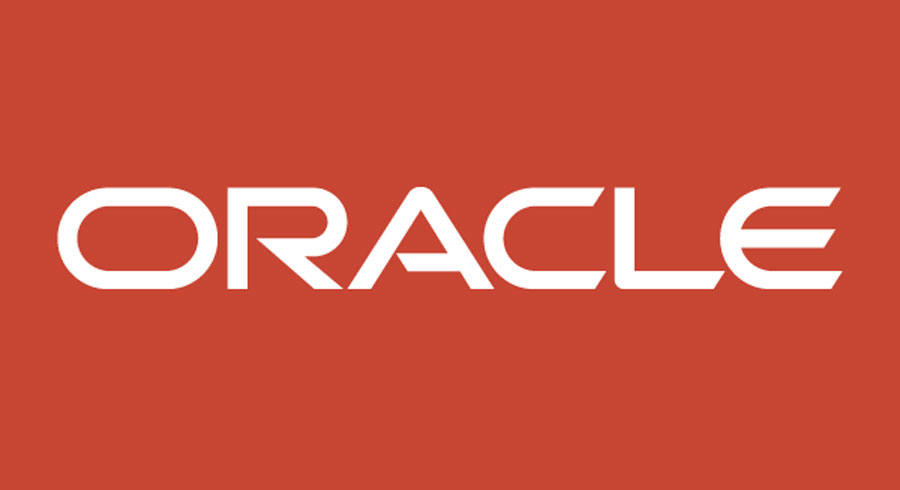The updates to Oracle Fusion Cloud Transportation Management and Oracle Fusion Cloud Global Trade Management can help organizations reduce costs and risk, improve customer experience, and become more adaptable to business disruptions.
The unpredictability of the past two years has created major logistics-related challenges for organizations as they navigate large fluctuations in supply and demand and major disruptions to their distribution networks.
This has resulted in rising logistics costs and has also impacted organizations’ relationships with customers – in fact, a recent Oracle survey found that 87 percent of people have been negatively impacted by supply chain issues over the past year.
“Western Digital has multiple manufacturing locations in the U.S. and Asia, handling more than half a million shipments every year.
Our supply chain ecosystem is extremely complex with multiple end markets each having unique service needs, and the disruptive events of the past two years added to that complexity on an exponential scale,” said Joseph Hodges, Director of Logistics Center of Excellence, Western Digital.
“With Oracle Transportation Management as our foundation we have been able to streamline logistics processes and customer support, quickly achieving significant results – including reducing cost and service disruption through expansion of our partner base, implementing on-demand spot bidding, and dynamically shifting modes while operating with 90 percent touch-free automation in the last fiscal year.
In addition, Oracle Transportation Management’s built-in machine learning capabilities have helped improve ETA accuracy from 64 percent to 93 percent, which is an invaluable result in terms of an improved customer experience.”
Oracle Transportation Management and Oracle Global Trade Management are continuously innovating to help organizations address logistics management challenges.
Below are details on the new capabilities, which will help customers improve order fulfillment accuracy, reduce logistics costs, enhance the customer experience, and manage risk associated with unforeseen changes across their supply chains:
• Intelligent Transit Time Predictions: A new machine learning algorithm in Oracle Transportation Management will enable users to evaluate the potential impact of both macro-level interruptions (including extreme weather or airport delays) and network-level disruptions (such as labor and capacity shortages).
This can help customers more accurately predict delivery times and lower costs associated with delays, expedited shipments, and additional safety stock.
• Enhanced Shipment Capabilities: Supply chain leaders can simplify and automate transportation processes for shipments.
New capabilities include automated spot bidding and the ability to combine and track multiple shipments in Oracle Transportation Management, and automated global trade analysis on trade agreements in Oracle Global Trade Management.
By automating and simplifying these previously manual processes, the new capabilities can help customers reduce human errors, freight costs, and shipment delays.
• Multi-Language Digital Assistant: Real-time, multi-lingual response capabilities within Oracle Logistics Digital Assistant – a key feature across Oracle Transportation Management and Oracle Global Trade Management – enable organizations to provide faster and more accurate information and standardize responses to inquiries in their customers’ native languages.
By offering high-quality, global customer service without the need for additional IT resources, organizations are able to reduce operational costs and quickly respond to customers, regardless of geographical location or language.
• Advanced Transportation and Global Trade Analytics: New advanced analytics capabilities enable customers to quickly access, analyze, and interpret highly accurate transportation and global trade data. This helps to increase cost savings, improve logistics planning, and enable better-informed business decisions.
“While the volatile business environment of the past two years will continue to shape supply chain strategies, accurately managing the crucial transportation and shipping functions will always remain a top priority for our customers,” said Derek Gittoes, vice president of supply chain management product strategy, Oracle.
“The new capabilities in Oracle Transportation Management and Oracle Global Trade Management deliver a double benefit, as they help customers streamline their logistics operations while minimizing the associated risks.
With these capabilities, we’re underscoring our commitment to continuous innovation and helping our customers navigate today’s business landscape to continue growing their businesses.”
Oracle’s logistics solutions, including Oracle Transportation Management, Oracle Global Trade Management, and Oracle Fusion Cloud Warehouse Management, help customers manage sustainable transportation, global trade, and distribution processes.
As a result, customers can maximize perfect order fulfillment and minimize logistics costs while navigating business disruptions.
For additional information on Oracle Cloud SCM and Oracle’s logistics offerings, please visit www.oracle.com/scm or the Oracle Supply Chain Management Blog.
About Oracle
Oracle offers integrated suites of applications plus secure, autonomous infrastructure in the Oracle Cloud.
For more information about Oracle (NYSE: ORCL), please visit us at oracle.com.
Trademarks
Oracle, Java, and MySQL are registered trademarks of Oracle Corporation.






















